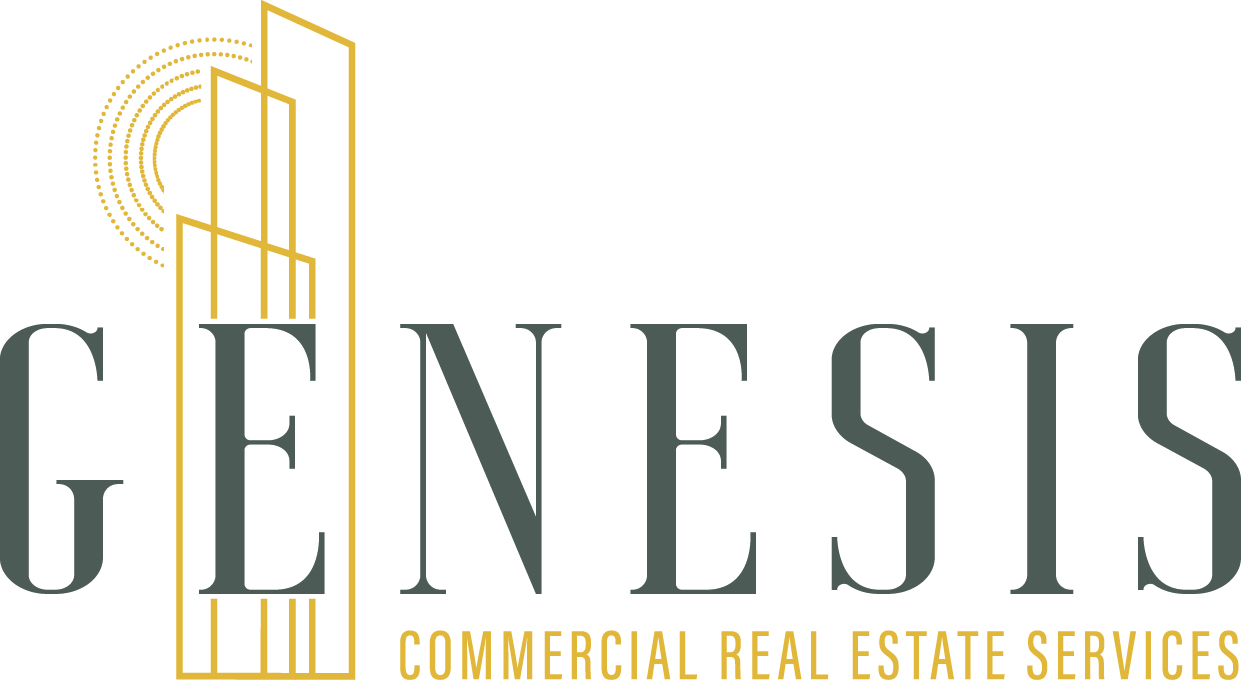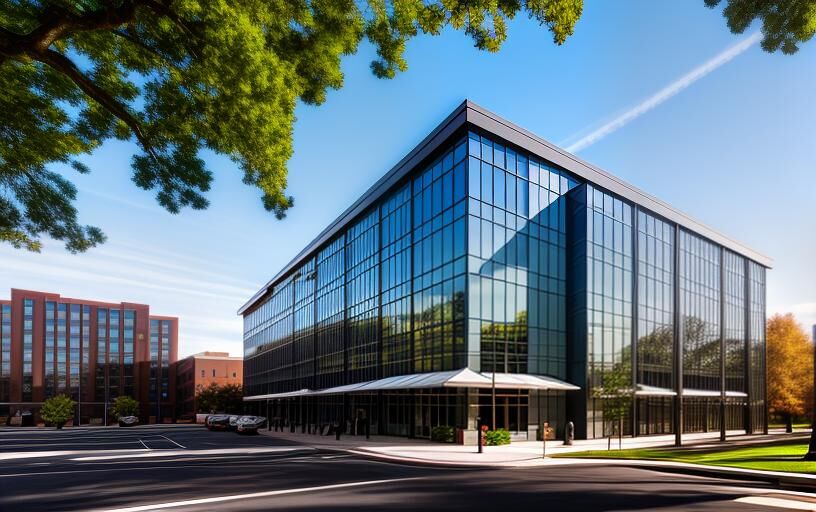When considering commercial property, choosing between leasing and buying is one of the most significant decisions a business owner will face. Each option has its unique advantages and challenges, and understanding these can help you make an informed choice that aligns with your business goals.
Leasing commercial property allows businesses to occupy space without the substantial financial commitment that comes with purchasing a property. For many entrepreneurs, especially those just starting, leasing offers the flexibility that is often crucial during the early stages of growth. A lease agreement typically requires less upfront capital than buying, making it easier for businesses to allocate their resources toward operations, marketing, and product development rather than tying up funds in real estate.
One of the main benefits of leasing is the flexibility it offers. A lease agreement, usually ranging from one to five years, provides businesses with the ability to relocate or expand easily without the burden of selling a property. This can be vital in an ever-changing market where business needs can shift rapidly. For businesses looking to grow, leasing allows them to adapt their space according to their current needs without the long-term commitment associated with purchasing a property.
Another advantage of leasing is the opportunity to occupy a premium location without the high cost of buying. Many businesses aspire to be in prime locations that attract foot traffic, customers, and clients. Leasing allows businesses to access these desirable areas, which might otherwise be financially out of reach if they were to purchase. This strategic positioning can enhance visibility and ultimately contribute to increased revenue.
Leasing also often means less maintenance responsibility. In many lease agreements, the landlord is responsible for major repairs and maintenance of the property, such as roof repairs, HVAC systems, and plumbing issues. This can relieve business owners from unexpected expenses and help them maintain a predictable budget.
In contrast, purchasing commercial property enables a business to build equity. While it typically requires a significant initial investment, owning property can be a valuable asset in the long run. As property values can increase over time, businesses that purchase their space may see a return on their investment when they decide to sell. Additionally, owned property can provide a sense of stability and permanence that leasing does not.
Owning a commercial property also offers the freedom to customize and renovate the space as needed. Business owners can make changes that align with their brand and operational needs without the constraints of a landlord’s approval. This can enhance functionality and create a work environment that fosters productivity and employee satisfaction.
Another important factor to consider is tax implications. Business owners may be eligible for tax deductions on mortgage interest payments, property depreciation, and other related expenses when they purchase a property. Leasing, while often more straightforward in terms of deductions, provides limited tax advantages in comparison. Understanding the tax implications of buying versus leasing can be crucial in making the right decision, and consulting with a financial advisor can provide clarity based on your specific situation.
Cash flow considerations are also significant when deciding whether to lease or buy. For many businesses, the cash flow generated from operations is critical for growth and sustainability. Leasing generally requires lower initial cash outlays, allowing businesses to keep more capital available for operational needs. On the other hand, buying property ties up cash that could otherwise be used for business development, hiring, or inventory purchases.
Risk tolerance is another important aspect to consider. Leasing can reduce financial risk, particularly for new or small businesses that may not yet have a firm foothold. If the market changes or the business fails to grow as anticipated, leasing minimizes the financial impact compared to owning property, which may involve a lengthy process to sell and could potentially result in financial loss.
For many businesses, the decision to lease or buy commercial property is not a simple one. It requires careful consideration of both short-term and long-term business goals, financial stability, and market conditions. Each option presents its own benefits and challenges, making it essential for business owners to evaluate their unique situations before making a commitment.
Ultimately, the choice between leasing and buying commercial property should align with the specific needs of your business. Factors such as budget constraints, growth plans, and future business ambitions will all play crucial roles in your decision-making process.
For businesses looking for flexibility, reduced risk, and lower upfront costs, leasing may be the better option. On the other hand, businesses with established growth patterns and the capacity to invest may benefit from the stability and equity that come with owning property.
In conclusion, whether you choose to lease or buy commercial property, it is important to conduct thorough research and seek expert advice. Understanding the financial implications, market trends, and your business goals will empower you to make a choice that supports your vision for the future. With the right information and guidance, you can navigate the complexities of commercial real estate and find the best solution for your business needs.
Contact us today for more information or to assist you in leasing commercial real estate space.

